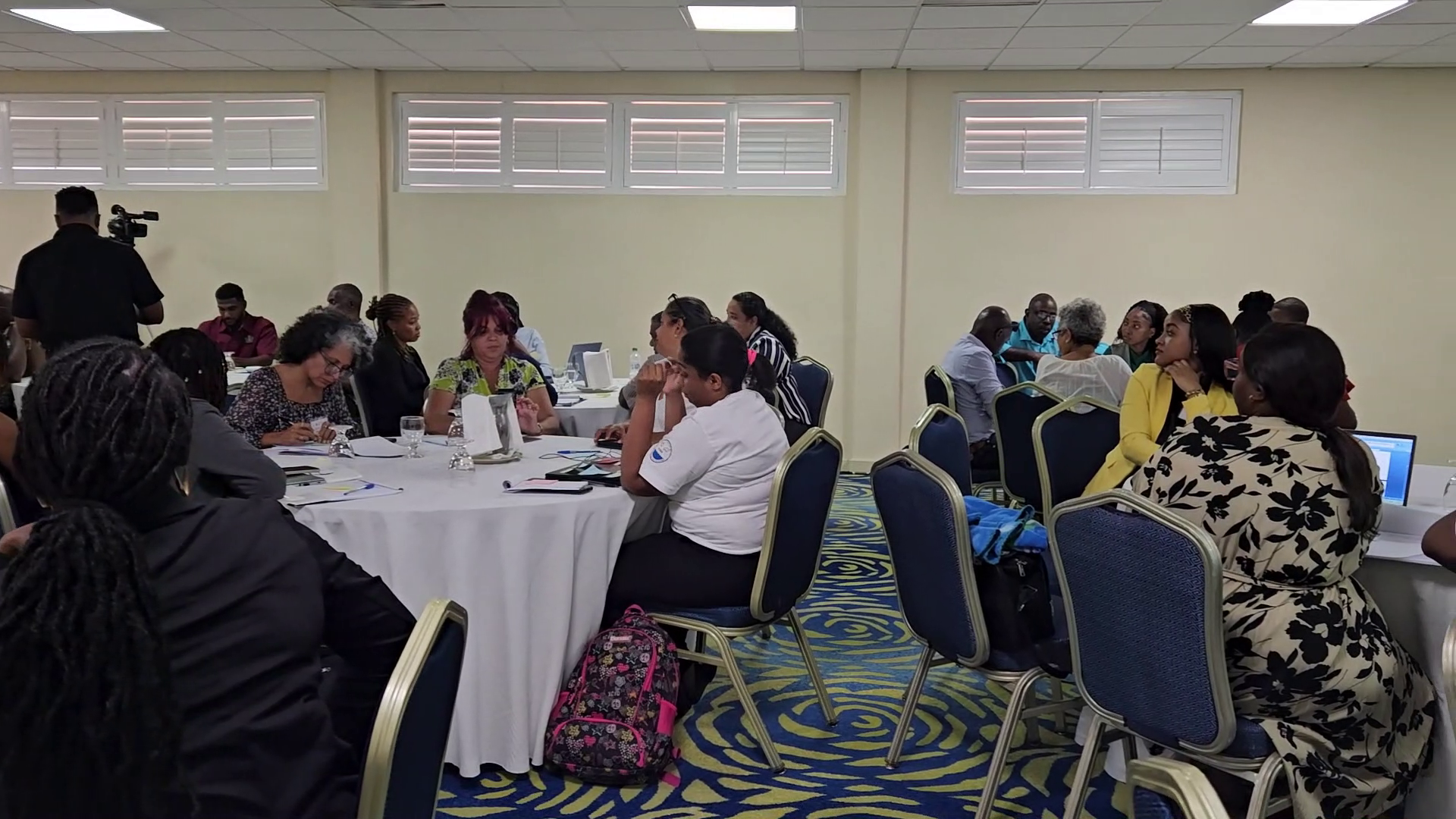As climate change continues to bring more intense droughts, storms, and unpredictable weather to the Caribbean, the need for accurate forecasting and clear communication has never been more urgent. To help meet that challenge, the Caribbean Climate Outlook Forum has revived its media training program, last held in 2017. This week’s session in Grenada brings together meteorologists, climatologists, and journalists to sharpen their skills in reporting on climate risks and preparedness. The goal? To make sure the public gets timely, reliable information about seasonal forecasts and early warnings. Supported by the World Meteorological Organization, the forum is focused on strengthening early warning systems and boosting public awareness across the region. News Five’s Benita Keme Palacio is on the ground in Grenada and spoke with Dr. Jane Strachan of the UK Met Office, who emphasized the vital role media plays in helping communities understand and respond to climate threats.
Dr. Jane Strachan, UK Meteorological Office
“The media plays a crucial role in communicating weather and climate information to the public. The national Met services have a real challenge of getting that information in an accessible and relatable way. So, the media, you can connect with the audiences; this is a way to get critical information and action from the public. So, we really wanted to run this workshop to educate the media about weather and climate but also how to communicate that better and how to connect with the national meteorological institutes. The idea is how do you mainstream that information into everyday news, the media making that relevant in stories about farming, in stories about tourism, in stories about what is on the supermarket shelves, making it part of all the stories about the media, and not only in the end. So I think that will be a real transformation. And improving the literacy of the media but also the public about weather and climate. So I think that’s going to be a really big step forward. So, I’m really hoping to see more collaboration between the media houses and the national meteorological centers so that they can get better information out in the public mainstreamed into media.”
Dr. Strachan says this kind of collaboration is essential for building climate resilience, as it empowers both the media and the public to better understand, prepare for, and respond to the growing challenges of climate change.
